Utilities
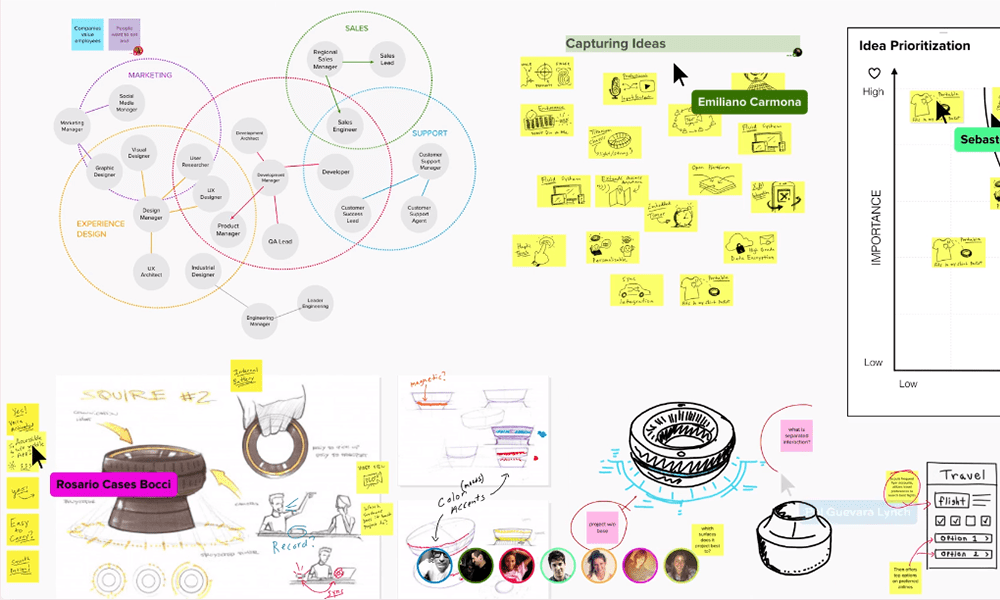
Mural
Mural is an excellent tool for organizing your notes and sharing ideas collaboratively with your team.
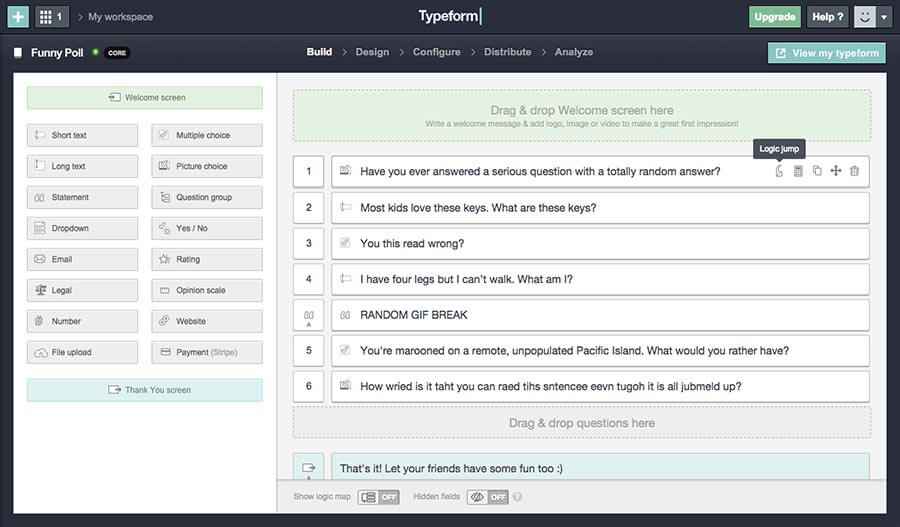
Typeform
You don’t want to make a boring form. And your audience won’t answer one. Create a typeform instead—and make everyone happy.
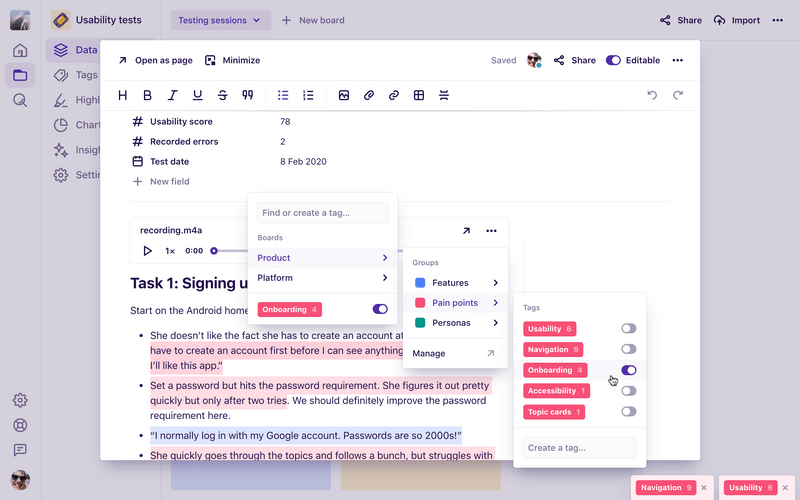
Dovetail
Analyze data, collaborate on insights, and build your research repository. Discover opportunities and become a hero in your team.
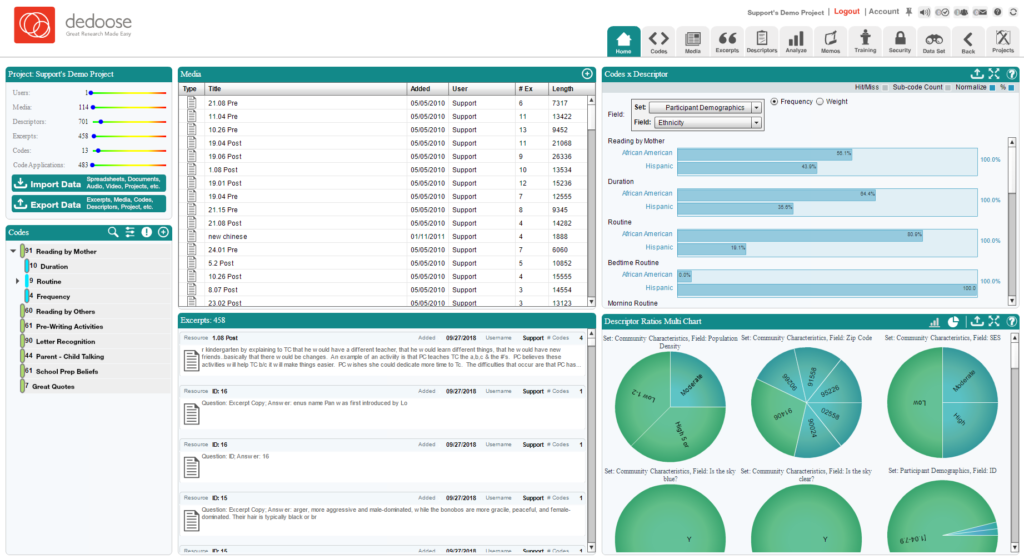
Dedoose
A cross-platform app for analyzing qualitative and mixed methods research with text, photos, audio, videos, spreadsheet data and more

Marvel
Marvel has everything you need to bring ideas to life and transform how you create digital products with your team. Placing the power of design in everyone’s hands.
Further Reading
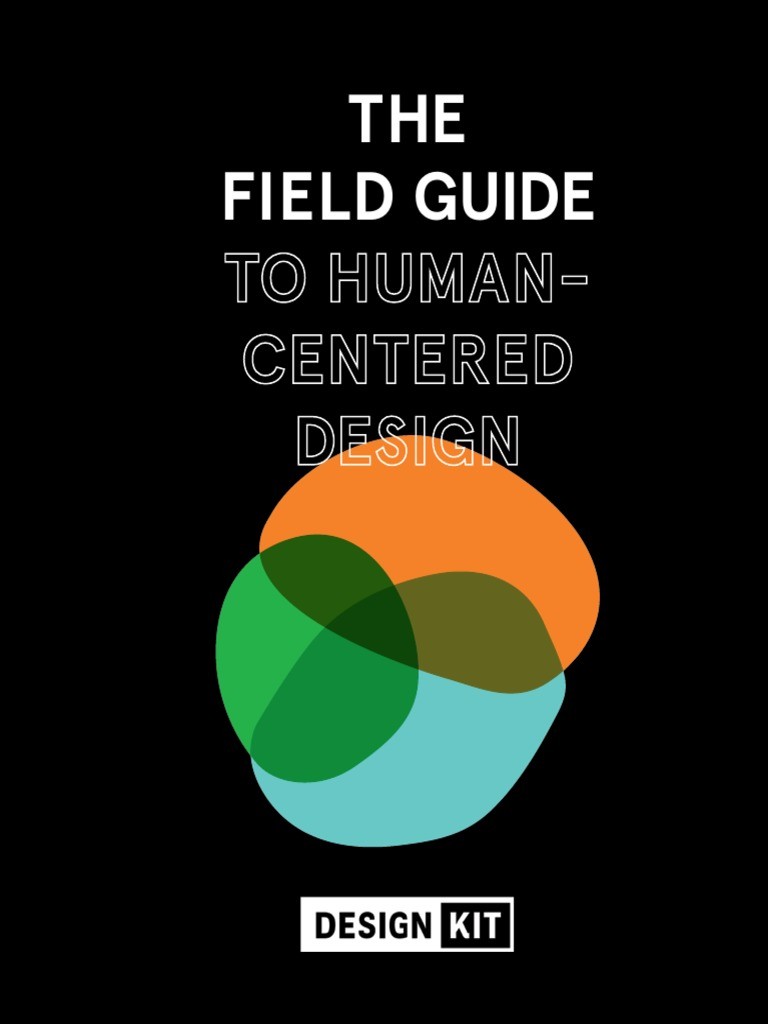
The Field Guide to Human-Centered Design
The frog Collective Action Toolkit (CAT) applies a pragmatic and measurable lens to achieving goals with a flexible set of dynamic, group-oriented, non-linear activities that can be used again and again.
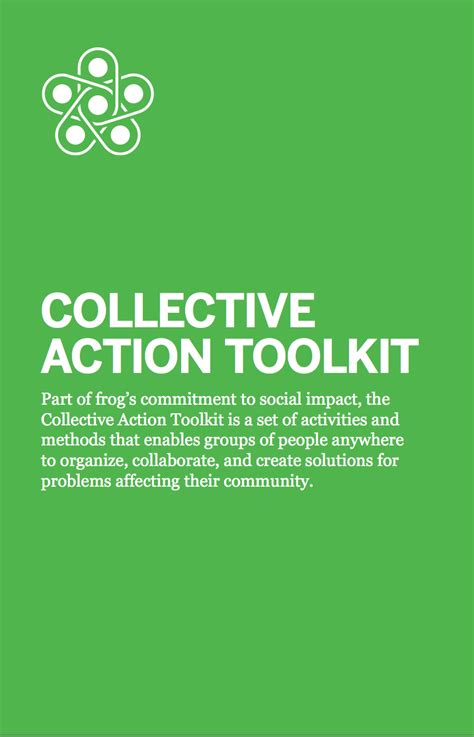
Collective Action Toolkit
The frog Collective Action Toolkit (CAT) applies a pragmatic and measurable lens to achieving goals with a flexible set of dynamic, group-oriented, non-linear activities that can be used again and again.
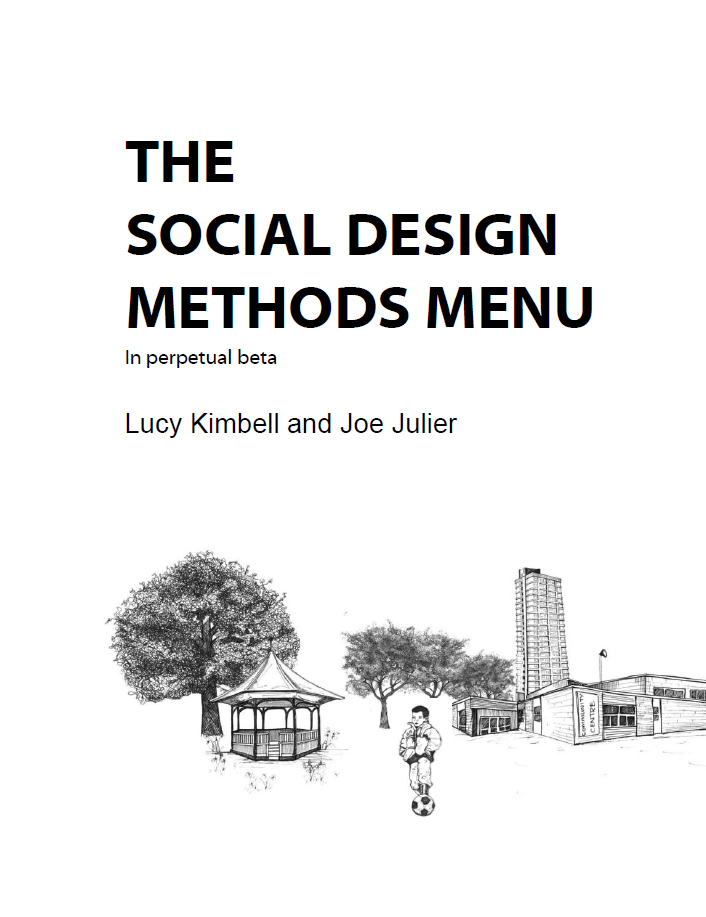
The Social Design Methods Menu
The toolkit provides an approach and methods those looking for a new way to tackle social and policy issues by making services more valuable to customers and users, easier to use, with fewer resources wasted on implementing the right ideas in the wrong way (or on the wrong ideas entirely). This approach involves spending time understanding people’s experiences and resources on their own terms, taking methodical steps to analyze and address these with their active participation, and pushing for more effective cross-team and cross-organizational working.
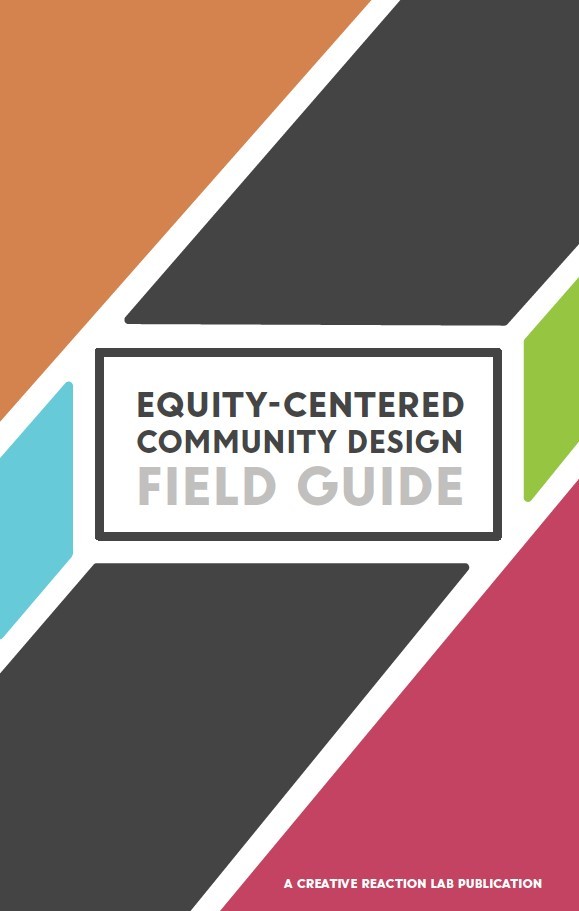
Equity-Centered Community Design Field Guide
Equity-Centered Community Design, created by Creative Reaction Lab, is a unique creative problem solving process based on equity, humility-building, integrating history and healing practices, addressing power dynamics, and co-creating with the community. This design process focuses on a community’s culture and needs so that they can gain tools to dismantle systemic oppression and create a future with equity for all.
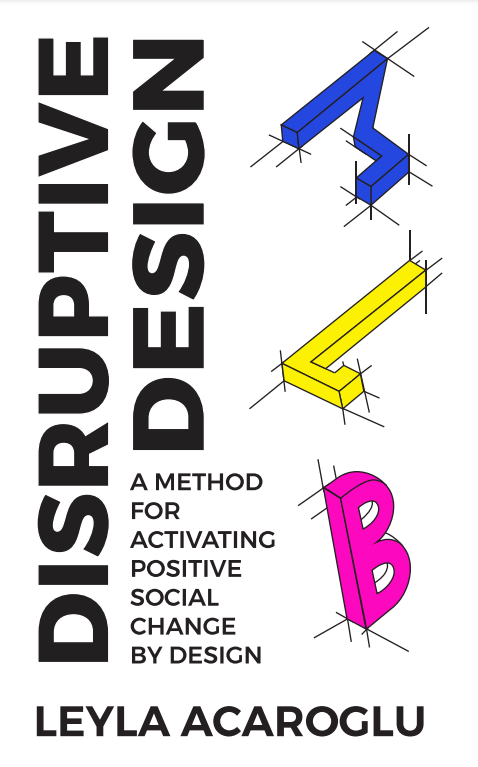
Disruptive Design
The Disruptive Design Method is a 3-part process for activating social change by design, developed by Leyla Acaroglu after a decade of research and practice in sustainable design and creative change-making. Leyla created the 12-part Design Methodology of high-level theories and concepts that underpin the applied DD method.
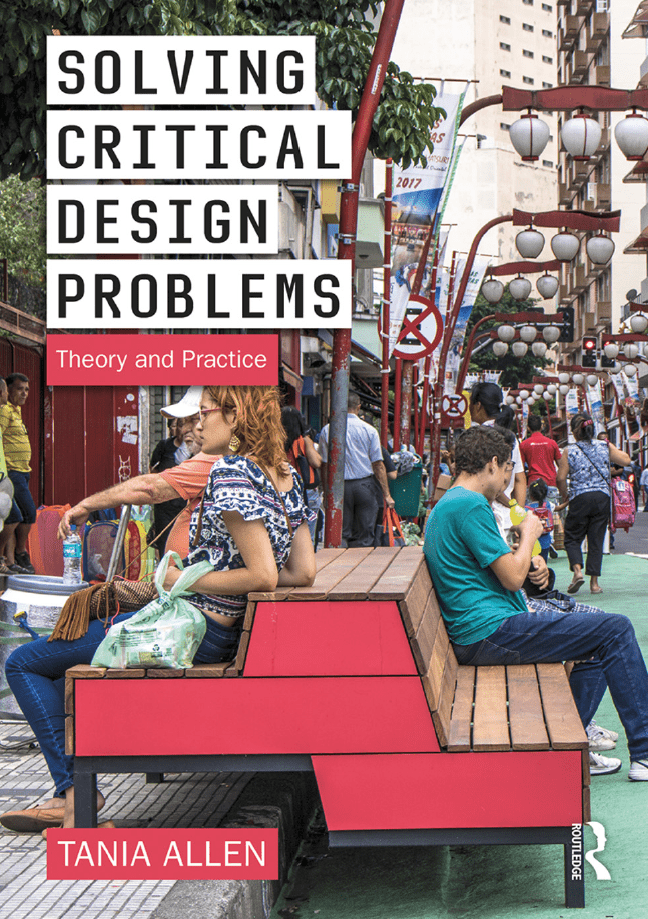
Solving Critical Design Problems
Solving Critical Design Problems demonstrates both how design is increasingly used to solve large, complex, modern-day problems and, as a result, how the role of the designer continues to develop in response. With 13 case studies from various fields, including program and product design, Tania Allen shows how types of design thinking, such as systems thinking, metaphorical thinking, and empathy, can be used together with methods, such as brainstorming, design fiction, and prototyping. This book helps you find ways out of your design problems by giving you other ways to look at your ideas, so that your designs make sense in their setting.
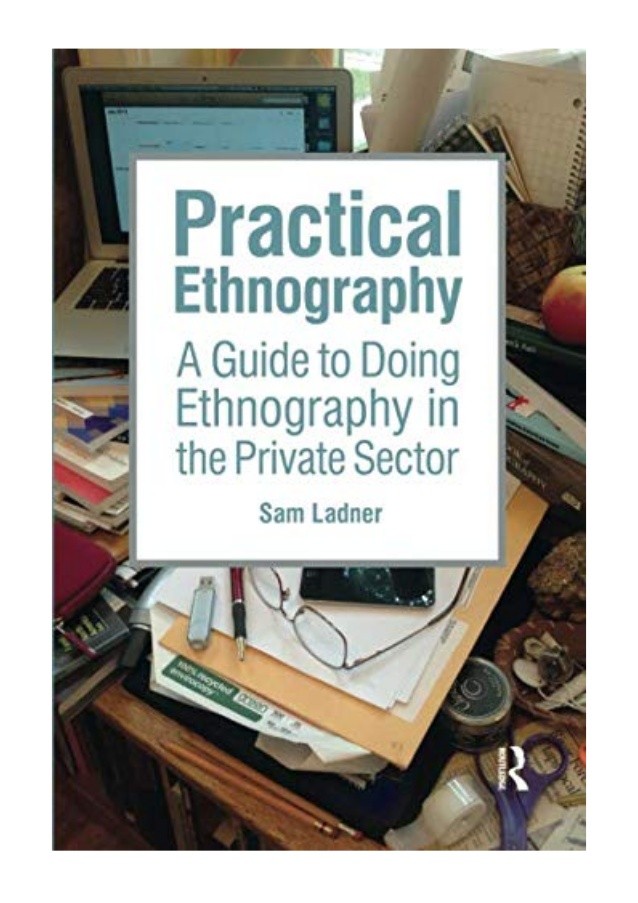
Practical Ethnography
Ethnography is an increasingly important research method in the private sector, yet ethnographic literature continues to focus on an academic audience. Sam Ladner fills the gap by advancing rigorous ethnographic practice that is tailored to corporate settings where colleagues are not steeped in social theory, research time lines may be days rather than months or years, and research sponsors expect actionable outcomes and recommendations.
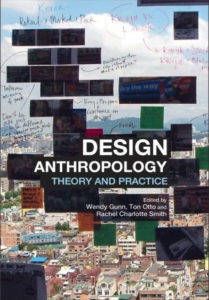
Design Anthropology: Theory and Practice
This book is written by anthropologists who actively participate in the development of design anthropology. Comprising both cutting-edge explorations and theoretical reflections, it provides a much-needed introduction to the concepts, methods, practices and challenges of the new field.

Design Anthropology: Object Cultures in Transition
Design Anthropology brings together leading international design theorists, consultants and anthropologists to explore the changing object culture of the 21st century.
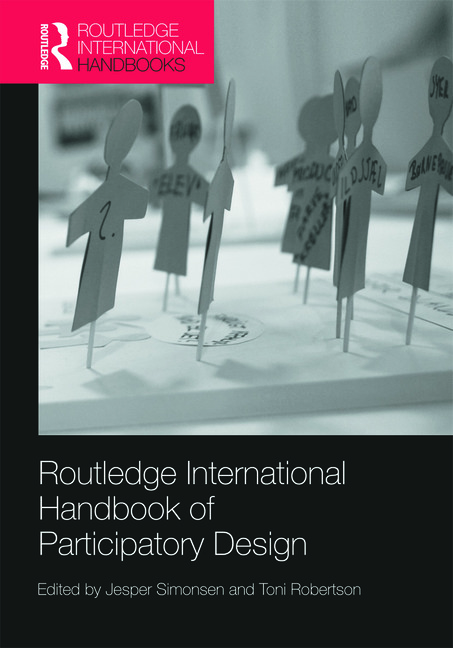
Routlege Handbook of Participatory Design
The Handbook brings together a multidisciplinary and international group of highly recognized and experienced experts to present an authoritative overview of the field and its history and discuss contributions and challenges of the pivotal issues in participatory design, including heritage, ethics, ethnography, methods, tools and techniques and community involvement.
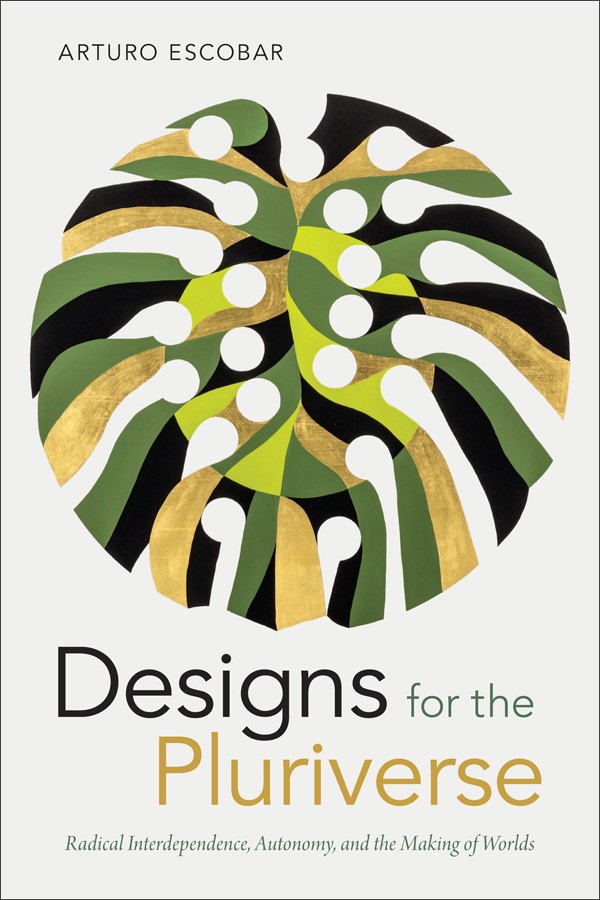
Designs for the Pluriverse
In Designs for the Pluriverse Arturo Escobar presents a new vision of design theory and practice aimed at channeling design’s world-making capacity toward ways of being and doing that are deeply attuned to justice and the Earth.
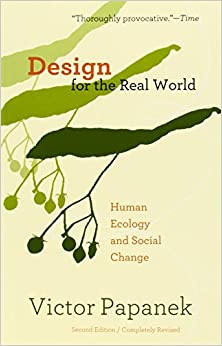
Design for the Real World
Design for the Real World has, since its first appearance twenty-five years ago, become a classic. Translated into twenty-three languages, it is one of the world’s most widely read books on design. In this edition, Victor Papanek examines the attempts by designers to combat the tawdry, the unsafe, the frivolous, the useless product, once again providing a blueprint for sensible, responsible design in this world which is deficient in resources and energy.
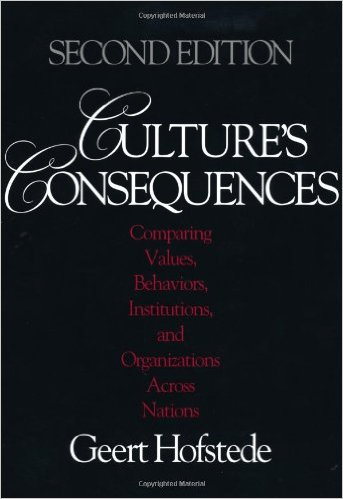
Culture’s Consequences
Geert Hofstede has completely rewritten, revised and updated Culture′s Consequences for the twenty-first century, he has broadened the book′s cross-disciplinary appeal, expanded the coverage of countries examined from 40 to more than 50, reformulated his arguments and a large amount of new literature has been included. The book is structured around five major dimensions: power distance; uncertainty avoidance; individualism versus collectivism; masculinity versus femininity; and long term versus short-term orientation.
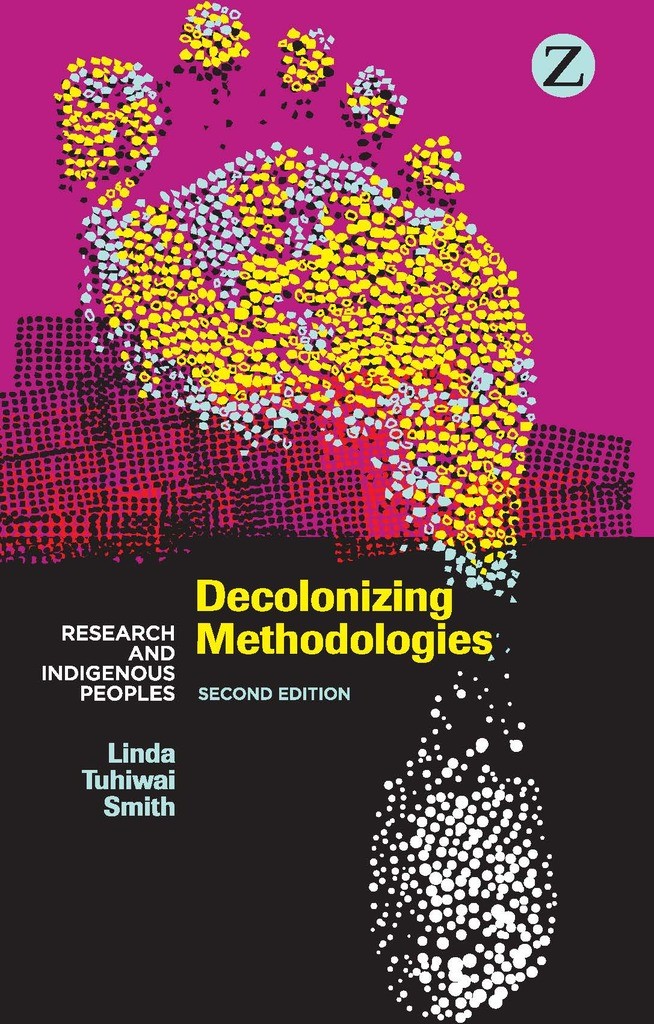
Decolonizing Methodologies
This essential volume explores intersections of imperialism and research – specifically, the ways in which imperialism is embedded in disciplines of knowledge and tradition as ‘regimes of truth.’ Concepts such as ‘discovery’ and ‘claiming’ are discussed and an argument presented that the decolonization of research methods will help to reclaim control over indigenous ways of knowing and being.
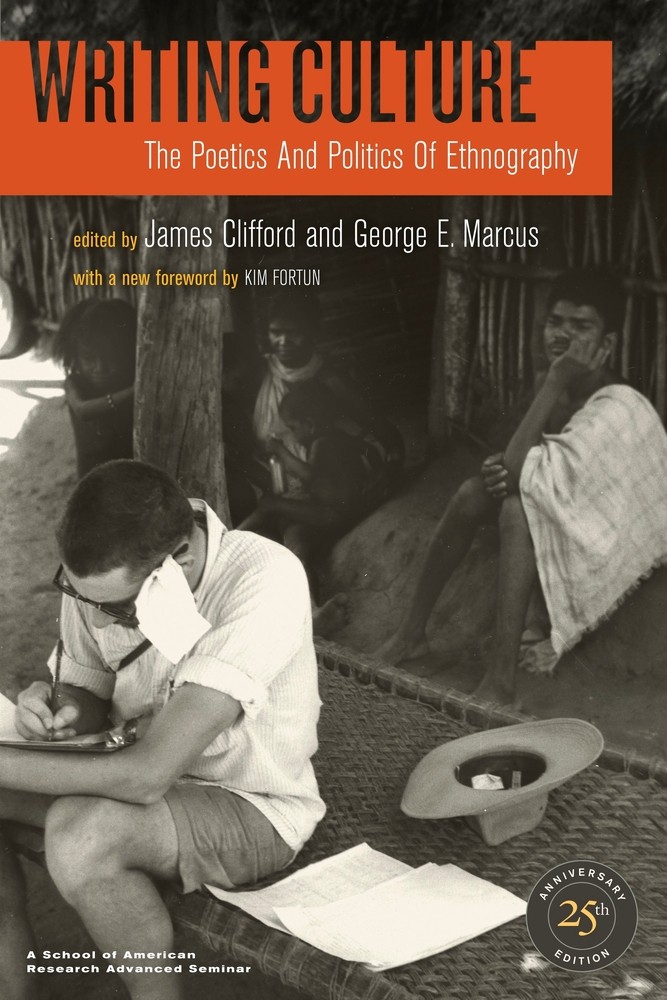
Writing Culture: The Poetics and Politics of Ethnography
These seminal essays place ethnography at the intersection of interpretive anthropology, cultural studies, social history, travel writing, discourse theory, and textual criticism. They grapple with issues of power and poetics in contemporary situations of globalization, post-coloniality, and post-modernity.
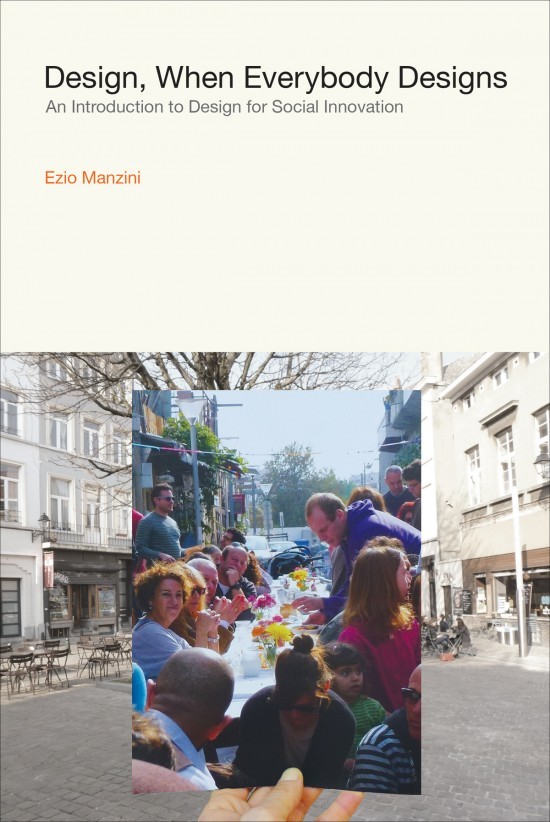
Design, When Everybody Designs
In a changing world everyone designs: each individual person and each collective subject, from enterprises to institutions, from communities to cities and regions, must define and enhance a life project. Sometimes these projects generate unprecedented solutions; sometimes they converge on common goals and realize larger transformations.
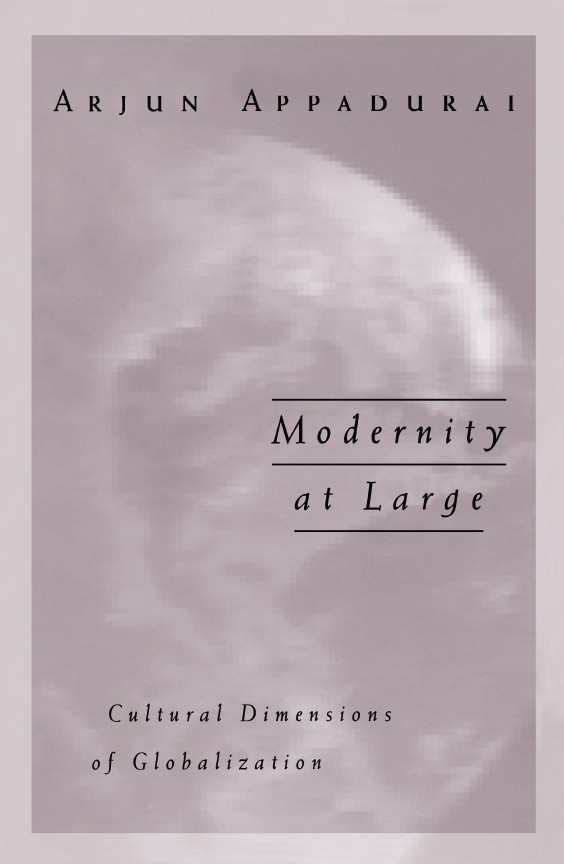
Modernity at Large
Offering a new framework for the cultural study of globalization, Modernity at Large shows how the imagination works as a social force in today’s world, providing new resources for identity and energies for creating alternatives to the nation-state, whose era some see as coming to an end. Appadurai examines the current epoch of globalization, which is characterized by the win forces of mass migration and electronic mediation, and provides fresh ways of looking at popular consumption patters, debates about multiculturalism, and ethnic violence.
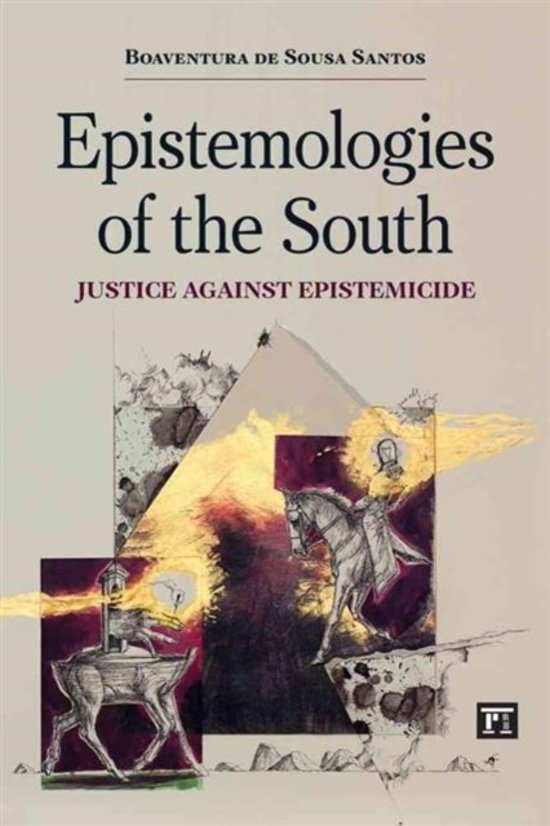
Epistemologies of the South
This book explores the concept of ‘cognitive injustice’: the failure to recognise the different ways of knowing by which people across the globe run their lives and provide meaning to their existence. Boaventura de Sousa Santos shows why global social justice is not possible without global cognitive justice.
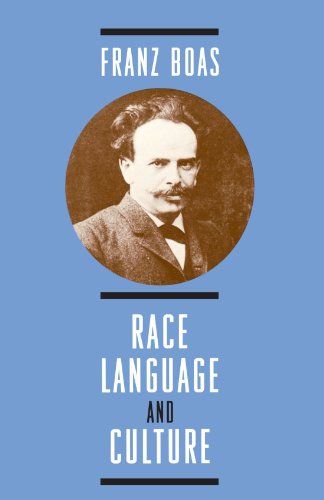
Race, Language and Culture
This volume is a collection of the most important essays written by Franz Boas on the science of anthropology.
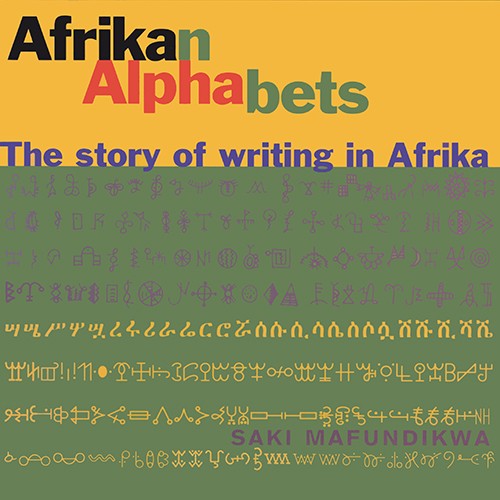
Afrikan Alphabets
Afrikan Alphabets describes a 20-year journey to collect information on the highly graphical and inspiring symbols that go to make up the over 20 alphabets featured in this book. Writing systems (pictographs, mnemonic devices, syllabaries and alphabets) across the African continent and the Diaspora are displayed and described. This is an extensively illustrated and informative visual journey through an aspect of African culture and art.
